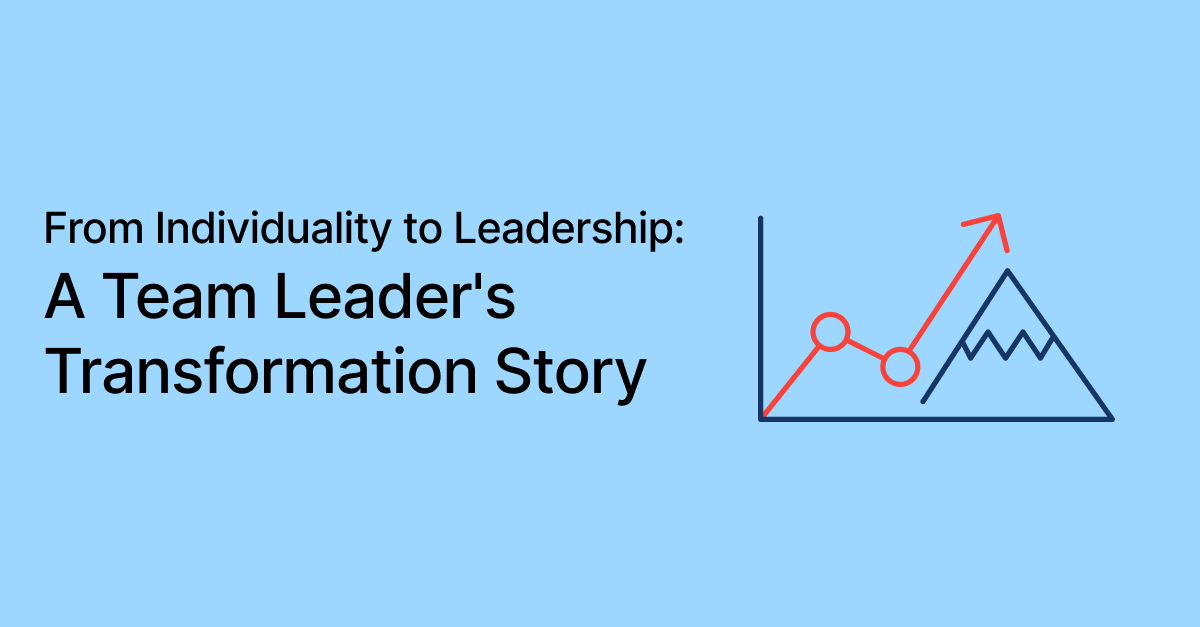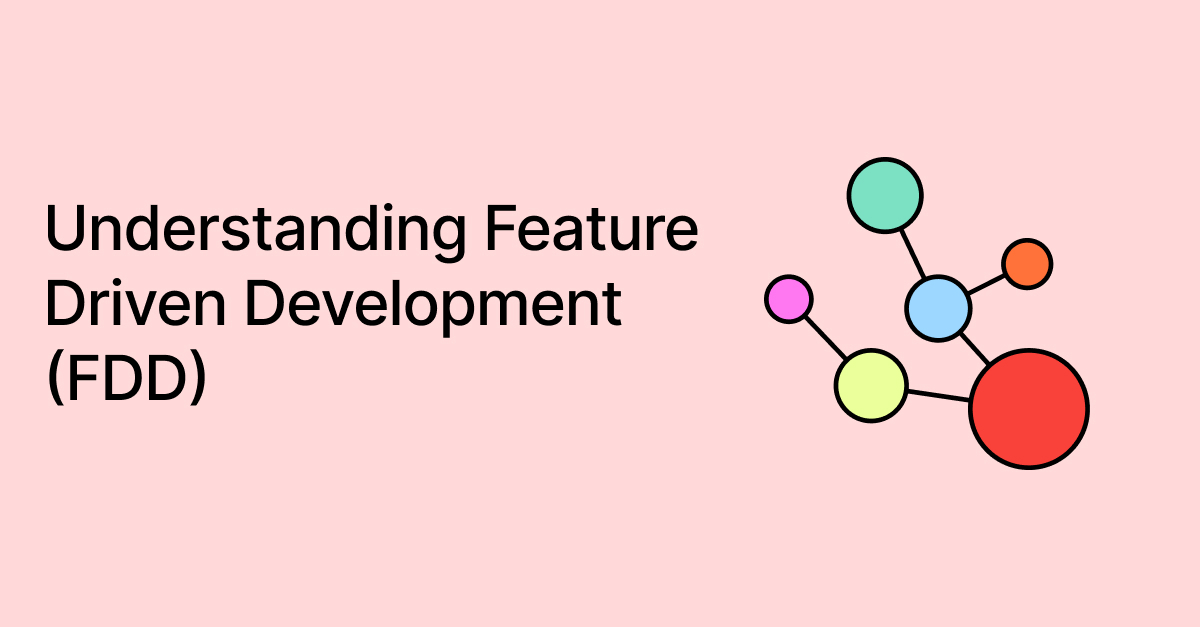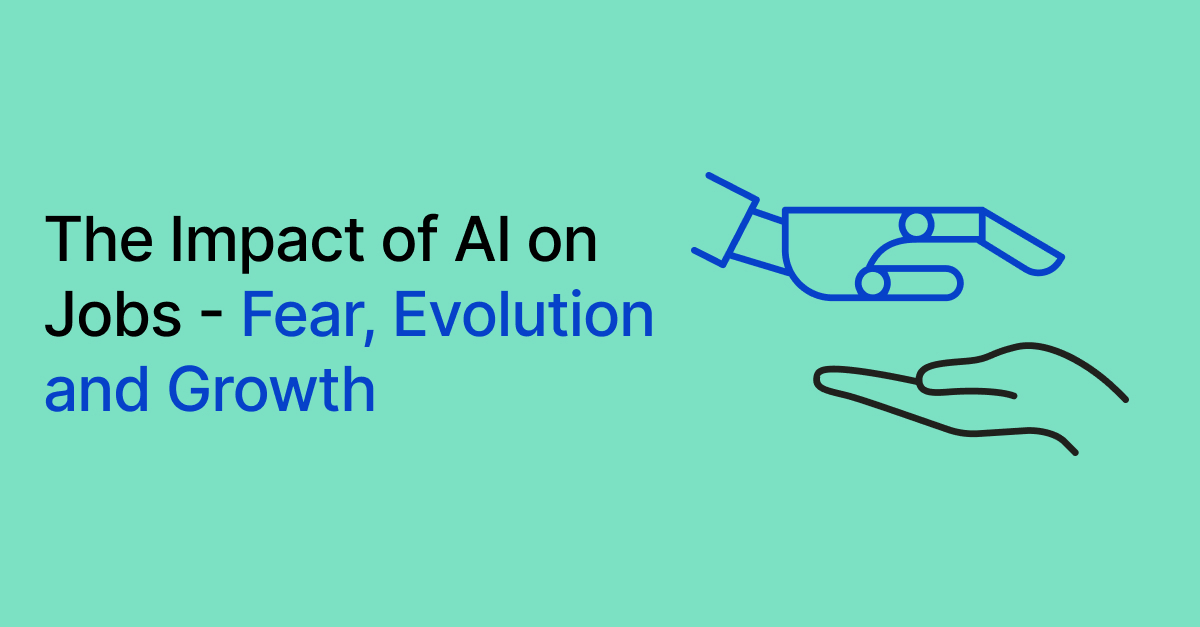Transitioning from a software engineer to a manager was one of the most striking transformations in my career. It encompassed more than just technical skills; it involved my development as a leader and the dynamics of change within my team. In this blog post, I focus on the challenges, learnings, and achievements of my leadership journey.
Leadership Training and the Shift from Perfectionism to Flexibility
Joining a leadership training soon after I embraced my managerial role marked a turning point in enhancing my leadership skills. Individual tests, personality inventories, and various analyses laid the foundation for a better understanding and development of my leadership style. This training was pivotal in moving beyond my perfectionist nature to adopt a more flexible, team-oriented approach. Instead of expecting everything to be flawless, we started viewing mistakes as opportunities for learning and growth.
Significantly, other departments began to hear fewer complaints than before, and processes undeniably became faster and more efficient than in the past. This change contributed greatly to the overall success of the team and the personal development of every member, offering a smoother roadmap towards achieving our goals.
Initial Reactions from the Team
The team's initial responses to my new role and approach were generally positive. They were pleased that they now had an easier point of reference for assistance after I became a manager. Their eager inquiries about which technologies we would be working with highlighted the importance of outlining our plans and objectives. I felt their enthusiasm for the new process, boosting my morale and motivation. Adapting to my new leadership role took some time; initially, I struggled with delegating tasks I was accustomed to handling. However, I gradually realized the importance of empowering team members to develop their self-sufficiency and individual talents. Trusting and assigning responsibility to team members were key factors in this development.
Performance Assessment and Team Spirit
My leadership approach entailed restructuring performance evaluations into a process grounded in transparent and open communication. Besides providing clear, constructive feedback on current statuses and potential developments for each team member, we collectively reviewed our progress towards jointly set goals. Beyond this process, maintaining the highest level of morale and motivation within the team was a critical part of my approach.
Before our team was formed, each member handled independent tasks from different projects, leading to concentration issues and motivational drops. To remedy this, we started planning incoming tasks more accurately and distributing work internally in a more balanced manner.
Previously, specific tasks were performed by designated members; now, we aim for every team member to be competent in all tasks, removing dependency on individuals. This was achieved by further dividing ('divide and conquer') and distributing technical tasks. In doing so, we managed to foster higher morale and cohesion among team members.
They have reported that their work is now more organized and focused, positively acknowledging this new system. This approach shows that we can achieve success by supporting each other and constantly learning as a team.
Our Achievements
Some of the successes my team and I have achieved include significantly expanding our project test coverage, which resulted in fewer production errors. This has been especially beneficial in continuously improving quality in complex software development processes. Moreover, by producing open-source codes and making application components more independent, our projects have become much more maintainable, leading to long-term savings of time and resources. These strategies have significantly increased our team's efficiency and effectiveness, making us more adaptable.
Underneath these successes are the innovative approaches and collaborative work culture embraced by our team. The contributions of each team member, coupled with open communication, a desire to learn, and a pursuit of continuous development, have been the driving forces behind reaching these milestones.
The utilization and value found in our open-source codes and more independent application modules within the broader software community signify our social contribution and feedback to the technology community. This goes beyond technical successes and supports our goal of having a positive impact on a wider community.
These achievements have demonstrated to my team and me how realistic and attainable our goals are, reminding us that continuous development is not just a destination but a journey. This perspective motivates us towards greater accomplishments in the future.
Future Goals
The goals we set as a team encompass not only technical excellence but also sustainable collaboration, innovation, and continuous growth. Supporting each other during tough times, developing effective time management strategies, and encouraging learning are some of the primary themes I plan to focus on in my leadership journey ahead.
Conclusion
The transition from individual contributor to manager represented a significant transformation not just for me, but for my team as well. Together, we have shown that success is attainable through collaboration and mutual support. The most valuable lesson learned during this period is that leadership involves not just directing, but also listening, learning, and adapting. I am confident that our journey towards achieving our future goals will be marked by even more successes.





